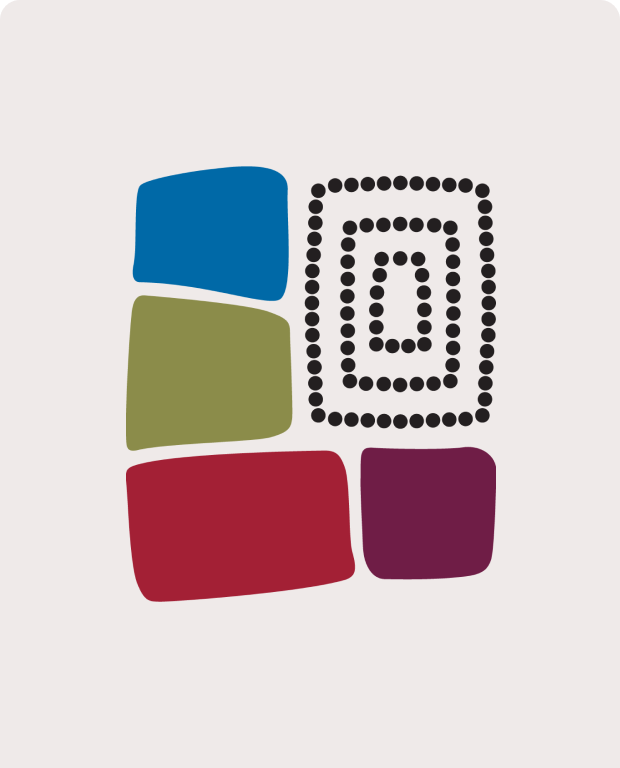Aboriginal adult literacy campaign

The Lowitja Institute is a founding partner of Literacy for Life Foundation, an Aboriginal-led initiative aiming to lift adult literacy in Aboriginal and Torres Strait Islander communities. An estimated 40 per cent of Aboriginal and Torres Strait Islander adults have minimal English literacy, a figure that rises to as high as 70 per cent in many remote areas. So long as these adult illiteracy rates exist, meaningful progress towards many Closing the Gap targets will be impossible.
The Literacy for Life Foundation uses an innovative, evidence-based, campaign approach that has been implemented in 30 countries around the world and is now delivering results in Australia. So far more than 120 students have graduated campaigns run in seven NSW communities and the organisation is working towards national expansion.
Initially, the Lowitja Institute provided funding for a pilot of the Literacy for Life Foundation approach, building on the well documented links between literacy and improved health outcomes. The pilot used the ‘Yo Si Puedo’ (Yes I Can) Cuban method with great success in the rural NSW town of Wilcannia. For more details, download the Aboriginal Adult Literacy Campaign Pilot Project Summary Report (2012).
Support was extended following the promising results achieved during pilot phase. The graduation rate of Literacy for Life Foundation students was five times higher than existing programs and the campaigns created a range of benefits across the community.
Building on this evidence base, the Lowitja Institute helped Literacy for Life Foundation design and carry out a longitudinal study of individual and community impacts, with a focus on measuring improvements in areas such as health, education and community safety.
The Literacy for Life Foundation’s campaign approach relies on community ownership and control. It is driven by local leaders and delivered by local staff. Originally developed in Cuba, the method was designed to raise adult literacy levels quickly across a region.
Related resources:
- Aboriginal Adult Literacy Campaign – Wilcannia Pilot Project – Final Evaluation Report (DRAFT), Boughton, B. 2012
- An Aboriginal Adult Literacy Campaign Pilot Study in Australia using ‘Yes I can’, Broghton, B., Ah Chee, D., Beetson, J. Durnan, D., Lebalanch, J. 2013

